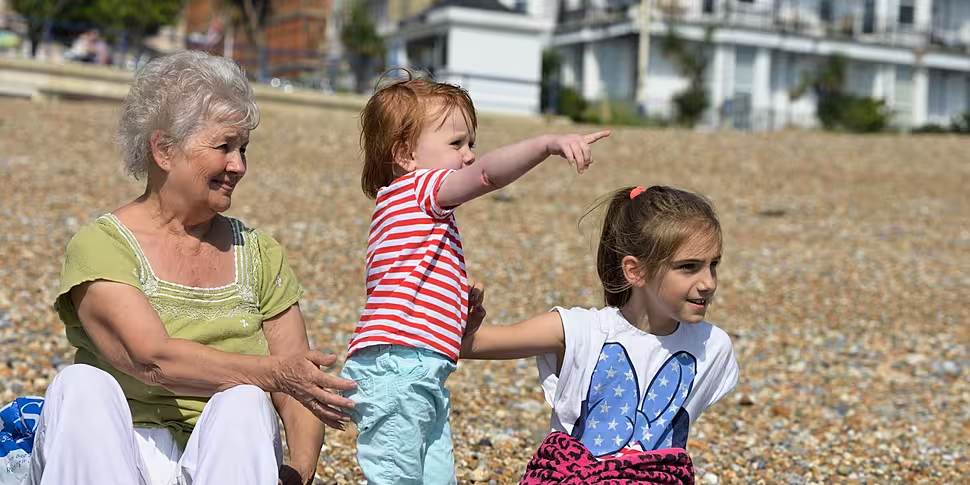On this week’s Parenting segment, one parent is scared to tell their daughters that their granny is sick.
“My mother has recently been diagnosed with cancer,” the parent told Moncrieff.
“She is the one who looks after my daughters while I’m at work, and sometimes I think they love her more then they love me.
“We know that due to the chemo my mam will lose her hair, and we also don’t know the long-term impact of this illness.
“My mam is going to be very tired... and it will mean getting a new babysitter.”
They said their eight-year-old daughter has seen them crying over their mother’s illness, but they don’t know how to tell her what’s wrong.
“How do I explain to them that the person they idolise the most is going look, act and feel different for the foreseeable future, especially when I can’t wrap my head around it myself?” they said.
'Make contact with counsellors'
Psychotherapist Joanna Fortune said the parent should first focusing on coming to terms with their mother’s illness themselves.
“It's so scary when someone that you love gets sick like this, and it doesn't matter how old you are,” she said.
“Make contact with local counsellor support services – they're an amazing resource in communities.
“They’re connected with counsellors, therapists, resources, information.”
'Honest but factually succinct'
Once the parent has come to terms with their mother’s illness, they should then “be honest but factually succinct” with their children.
“Say, ‘Granny has a sickness in her body and she's going to take special medicine for it’,” Joanna said.
“'The medicine she’s going to take is really strong and it's going to make her feel tired, her hair is going to fall out'.
“'Somebody is new is going to be taking care of you and our job is taking care of Granny'.
“The reason I would say she has a sickness in her body that needs special medicine is because you don’t want them thinking that any time youngest sick that your hair is going to fall out.”
'It's normal to cry'
Joanna said it’s important that this parent knows it’s okay to cry in front of your children.
“As adults, we often try to put on a brave face and of course if you're crying all the time, that’s a different situation,” she said.
“But if you're crying in a context-specific situation like this and they see you, don’t dismiss it as nothing.
“Say, ‘I'm crying because I feel sad, and I think a hug might help me’.
“By modelling that, you’re letting them know crying is a normal healthy thing to do and you can ask for help.”
Listen back here:









